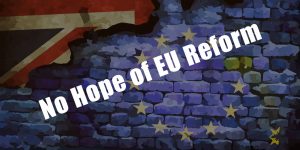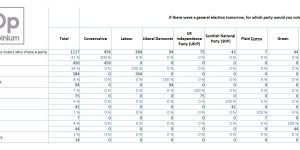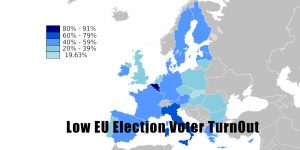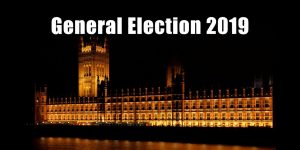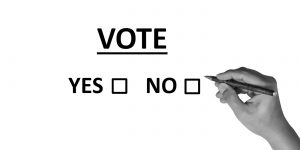The United Kingdom’s Exit from and new Partnership with the European Union White Paper
12. Delivering a Smooth, Orderly Exit from the EU
Delivering a smooth, mutually beneficial exit will require a coherent and coordinated approach on both sides. We want to avoid a disruptive cliff-edge, and we should consider the need for phasing in any new arrangements we require as the UK and the EU move towards a new partnership.
12.1 We will formally trigger the process of leaving the EU by invoking Article 50 of the Treaty on European Union no later than the end of March this year. As set out in Article 50, the Treaties of the EU will cease to apply to the UK when the withdrawal agreement enters into force, or failing that, two years from the day we submit our notification, unless there is a unanimous agreement with the other 27 Member States to extend the process.
12.2 It is, however, in no one’s interests for there to be a cliff-edge for business or a threat to stability, as we change from our existing relationship to a new partnership with the EU.
Instead, we want to have reached an agreement about our future partnership by the time the two year Article 50 process has concluded. From that point onwards, we believe a phased process of implementation, in which the UK, the EU institutions and Member States prepare for the new arrangements that will exist between us, will be in our mutual interest. This will give businesses enough time to plan and prepare for those new arrangements. This might be about our immigration controls, customs systems or the way in which we cooperate on criminal and civil justice matters. Or it might be about the future legal and regulatory framework for business. For each issue, the time we need to phase in the new arrangements may differ; some might be introduced very quickly, some might take longer. And the interim arrangements we rely upon are likely to be a matter of negotiation. The UK will not, however, seek some form of unlimited transitional status. That would not be good for the UK and nor would it be good for the EU.
12.3 We are confident that the UK and the EU can reach a positive deal on our future partnership, as this would be to the mutual benefit of both the UK and the EU, and we will approach the negotiations in this spirit. However, the Government is clear that no deal for the UK is better than a bad deal for the UK. In any eventuality we will ensure that our economic and other functions can continue, including by passing legislation as necessary to mitigate the effects of failing to reach a deal.
Previous : Cooperating in the Fight Against Crime and Terrorism
The United Kingdom’s Exit from and new Partnership with the European Union White Paper

